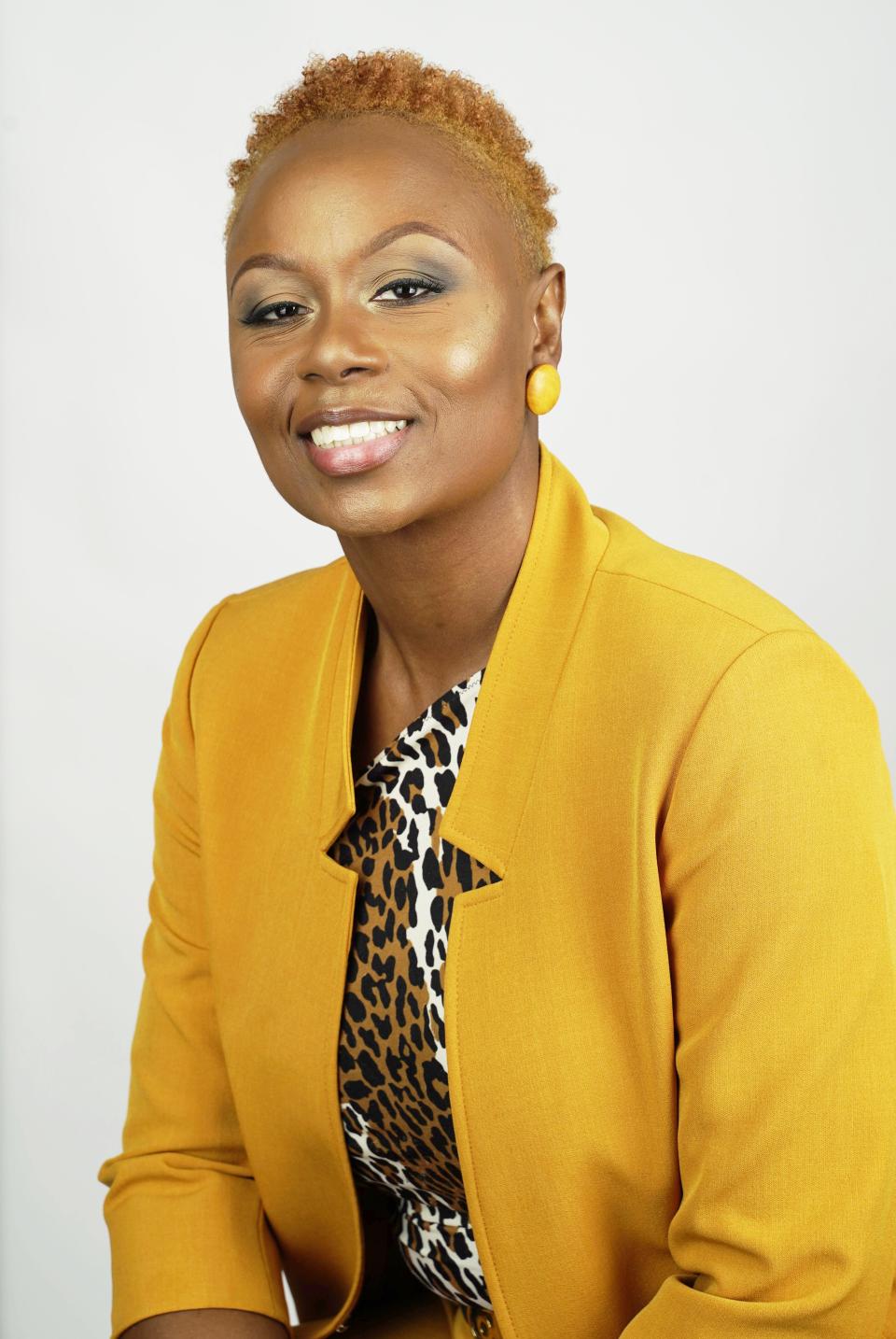Study finding cancer risk may not be enough to change habit of straightening Black hair
Recently, there has been much talk about the harm that chemical hair straighteners (relaxers) have on Black women’s bodies. The National Institutes of Health released a study Oct. 17 finding the beauty products are associated with higher uterine cancer risk.
This is not a new topic, as researchers from Boston University and Howard University published an article in 2007 that found relaxerswere not associated with breast cancer in Black women. In 2012, another group of researchers studied whether there is a link between hair relaxers and uterine fibroids. More recently, Boston University’s 2021 Black Women Health Study found that frequent use of lye-based relaxers is connected to a higher risk of a certain type of breast cancer. Even Chris Rock’s 2009 documentary, “Good Hair,” discussed the harmful impacts of relaxers.
In other words, Black women and companies that manufacture hair relaxers have known about the risk factors involved, but supply and demand have not skipped a beat. Companies will still supply, as long as Black women still demand.
After the abolishment of slavery, Black people were forced into assimilation and could not be employed unless they straightened their hair and lightened their skin tone. I would argue that today we have a choice.
Hair discrimination still exists, and the CROWN Act, which would ban it, also exists because of that. However, the pressures that our ancestors faced are not our pressures. A Black woman’s choice to straighten her hair is a complicated one. There are so many emotions, traumas and personal stories wrapped up in our hair. Black women have chosen to wear their hair straightened for a variety of reasons:
It is tradition: Straightening your hair is a tradition passed on from generation to generation; this is especially true for baby boomers.
It is for style variation: However, I beg to differ. Natural Black hair is the most versatile of all in the human race. It can be sculpted, molded, braided and twisted into a variety of shapes. Our African ancestors were a body of over 3,000 tribes, all with different hairstyles symbolic of their various tribes.
It is for ease in care: This is difficult to argue because it is true that anything you are not used to doing is going to be hard. Black women were raised with straight hair from childhood. Natural hair is new for us, so yes, it’s going to be more difficult to style.
Readers need to recognize the centuries of indoctrination that still plague our society. It affects our livelihood, our relationships, our careers and our overall perception of self.
What can Black people do? Recognize, understand, and admit the fact that we are still under the command of dominant beauty ideals and know that we are allowing our decisions about our hair to cause us bodily harm, externally and internally. My friend and I were talking about our hair journeys, and she revealed that her beautician would drench her scalp with Seabreeze astringent to extinguish the burning caused by the relaxer.
What can non-Black people do? The harm caused by racism and discrimination can begin to be rectified by just allowing Black people to be themselves. Lay off the microaggressive comments about our hair and you will have confident friends and colleagues who are more concerned with life and business, and less stressed about their hair and what their coworkers are going to think of their new hairstyle.
What can we all do? Work to pass the CROWN Act in your state. To date, only 19 states have passed it. By now all of our states should have non-discriminatory legislation in place.
Tameka Ellington, Ph.D., of Akron is a fashion scholar on Black beauty and hair.

This article originally appeared on Akron Beacon Journal: Black women face discrimination, risks over hair choices

